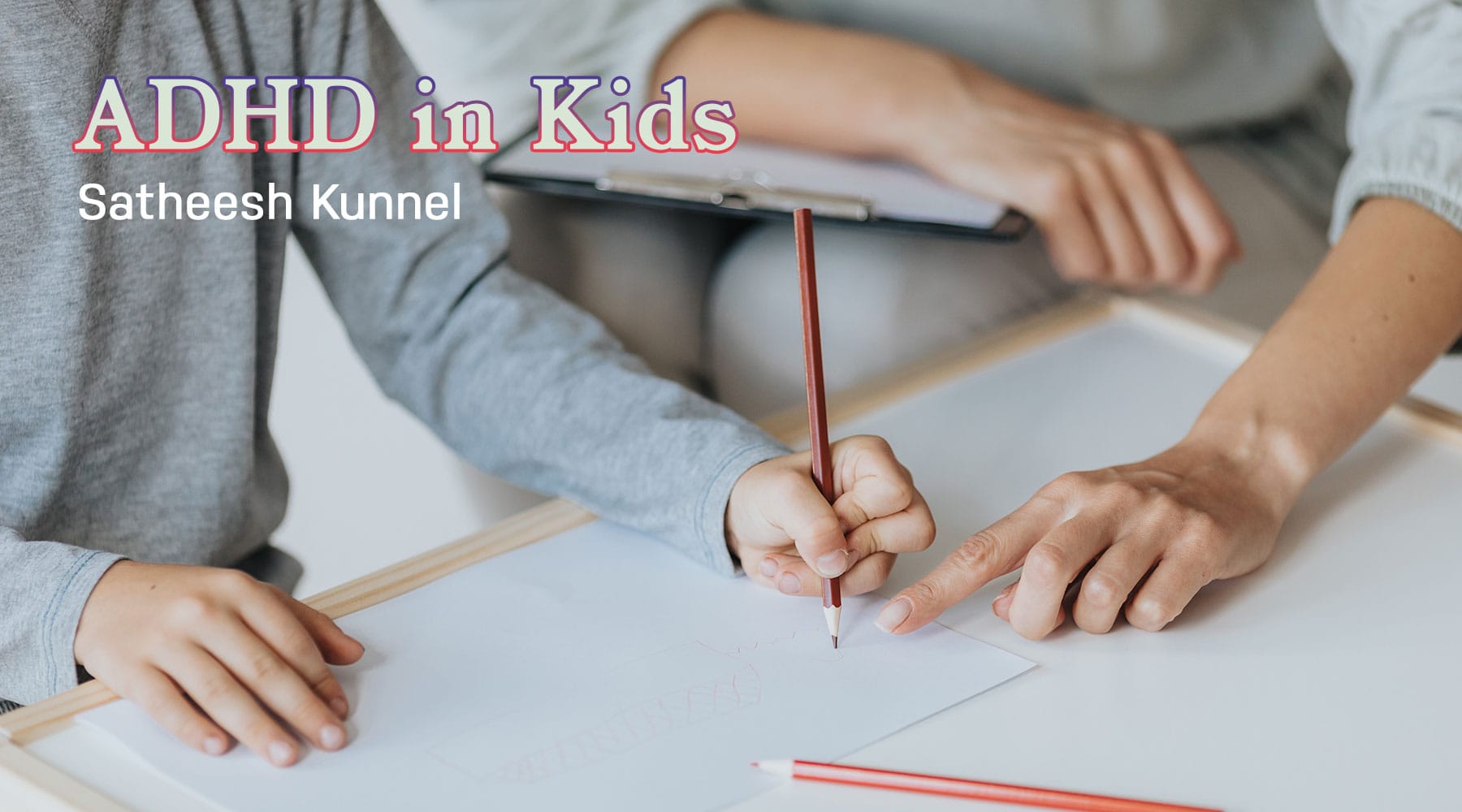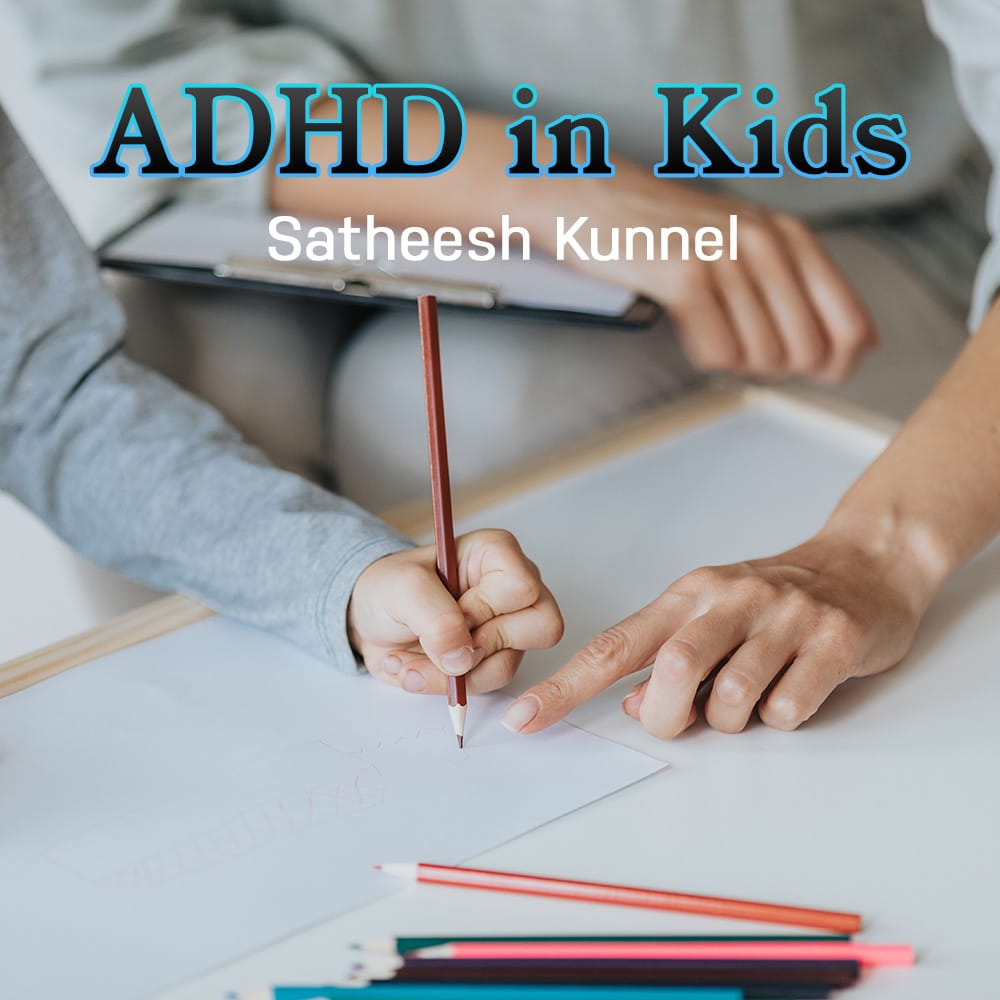Attention Deficit Hyperactivity Disorder (ADHD) is a neuro developmental disorder that affects many children worldwide. ADHD is typically diagnosed in childhood and can persist into adulthood. Children with ADHD may struggle with impulsivity, hyperactivity, and inattention, which can significantly impact their academic performance, social interactions, and daily activities.
Symptoms of ADHD in Kids
The symptoms of ADHD can vary from child to child, but generally, they fall into three categories:
Inattention: Children with ADHD may have difficulty paying attention and staying focused on tasks. They may be easily distracted by their surroundings and have trouble completing tasks that require sustained mental effort. These children may also struggle with organization and memory.
Hyperactivity: Children with ADHD may have an abundance of energy and may struggle to sit still or remain quiet, especially in situations that require it, such as in a classroom or during a meal. They may fidget, tap their feet or hands, and squirm in their seats. They may also talk excessively and interrupt others.
Impulsivity: Children with ADHD may act before thinking, making impulsive decisions that can lead to negative consequences. They may struggle to wait for their turn, interrupt others, and have difficulty controlling their emotions. They may also engage in risky behaviors.
Diagnosis of ADHD:
Diagnosing ADHD can be challenging, as there are no laboratory tests or imaging studies that can confirm the condition. A diagnosis of ADHD is usually based on a comprehensive evaluation of a child’s symptoms, medical history, and family history. The evaluation may include questionnaires, interviews with parents and teachers, and observations of the child’s behavior.
Treatment for ADHD:
Treatments for ADHD may include medication, behavioral therapy, or a combination of both. Medications, such as stimulants, can help to reduce hyperactivity and impulsivity, and improve attention. Behavioral therapy can help children learn to manage their behaviors and develop coping strategies. It may include parent training, social skills training, and individual or group therapy.
Parenting a Child with ADHD:
Parenting a child with ADHD can be challenging, but there are several strategies that parents can use to help their child manage their symptoms. Some of these strategies include:
Establishing a routine: Children with ADHD thrive on structure and routine, so establishing a consistent schedule can help them manage their time and reduce stress.
Providing clear instructions: Children with ADHD may struggle to follow multi-step instructions, so breaking down tasks into smaller, more manageable steps can help them succeed.
Using positive reinforcement: Praising and rewarding positive behavior can help to motivate children with ADHD and reinforce good habits.
Limiting distractions: Removing distractions, such as TV or electronic devices, during homework or study time can help children focus on the task at hand.
Conclusion
ADHD is a complex disorder that can significantly impact a child’s life. Early identification and intervention can help children with ADHD manage their symptoms and improve their quality of life. Parents and caregivers can play an essential role in helping children with ADHD by providing structure, positive reinforcement, and consistent support. With the right treatment and support, children with ADHD can thrive and reach their full potential.
References::
- https://www.cdc.gov/ncbddd/adhd/index.html
- American Academy of Pediatrics. Clinical Practice Guideline for the Diagnosis, Evaluation, and Treatment of Attention-Deficit/Hyperactivity Disorder in Children and Adolescents.


